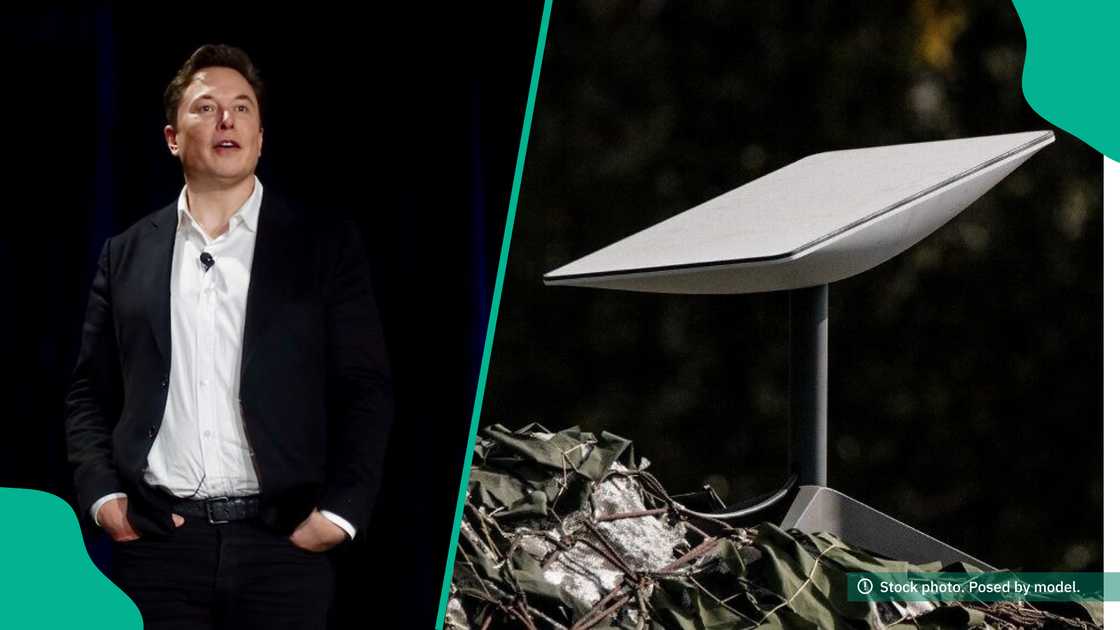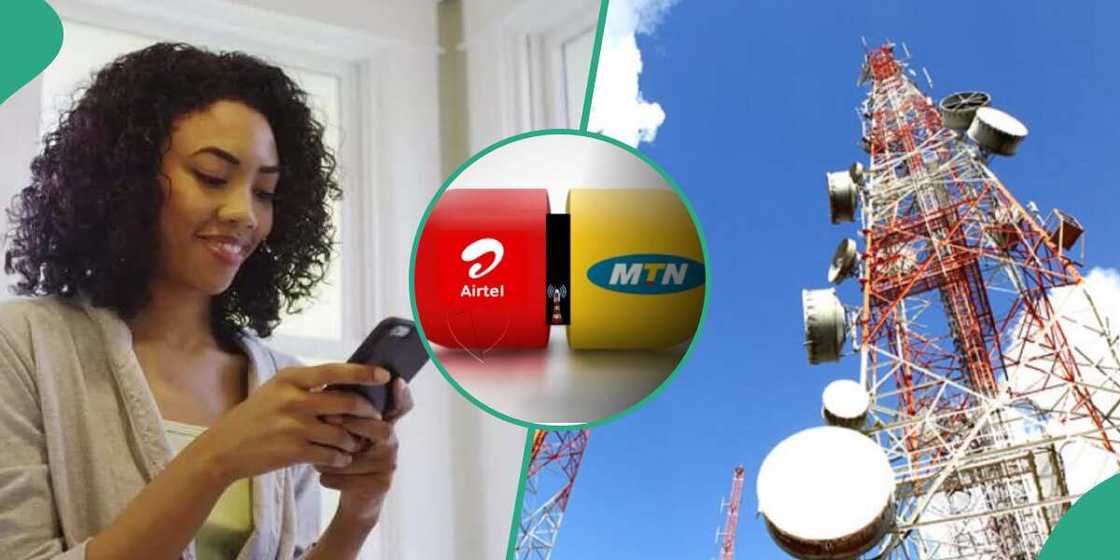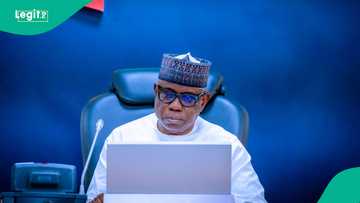Starlink Surges Ahead as Spectranet Slumps in Nigeria’s Fierce Internet Battle
- Spectranet’s subscriber base has dipped below 100,000 amid Nigeria’s competitive ISP market
- The ISP’s number showed red in a data released by the Nigerian Communications Commission (NCC) for the third quarter
- However, Elon Musk’s Starlink and Fiber One also showed strength, recovering lost grounds in the review period
Pascal Oparada is a journalist with Legit.ng, covering technology, energy, stocks, investment, and the economy for over a decade.
Starlink and FibreOne regained momentum in the second half of 2025, reinforcing their places as Nigeria’s second- and third-largest internet service providers.
Their resurgence came during a rough period for Spectranet, the long-time market leader, which dropped below the 100,000-subscriber mark for the first time since the Nigerian Communications Commission began publishing ISP data.

Source: Getty Images
Spectranet falls below six-figure base
Spectranet’s troubles deepened in Q2 2025 as it lost 3,732 users, slipping from 103,252 to 99,520 subscribers. The decline is significant for a company that once dominated the wireless broadband market with a comfortable lead.

Read also
New auto giant emerges as E.F. network unveils 40,000-capacity EV assembly plant in Nigeria
Starlink also experienced a dip in the same period, shedding more than 6,000 subscribers and falling to 59,509.
Unlike Spectranet, however, Starlink’s setback was temporary. By Q2 2025, the satellite operator bounced back to 66,523 users, surpassing its Q4 2024 numbers and showing strong resilience in a turbulent market.
Spectranet’s continued contraction highlights its struggle with service quality, customer retention and overall competitiveness.
According to a TechCabal report, the subscriber losses raised concerns about the company’s ability to invest in network improvements or remain aggressive in a market that is moving quickly.
FibreOne’s dramatic fall and comeback
FibreOne faced a severe hit in Q1 2025, losing roughly 42 percent of its customers after plunging from 33,898 subscribers to 19,823.
Rising costs, inconsistent performance and shifting customer expectations contributed to the broader churn seen across Nigeria’s ISP space.
Yet the fibre-to-home provider staged one of the year’s strongest recoveries. By Q2 2025, its subscriber base had climbed to 37,117, more than doubling its first-quarter total and restoring its strength in the wired broadband segment.
Trends that shaped the shift
The upheavals of 2025 echoed trends seen the previous year. NCC data shows that active ISP subscriptions grew 8.9 percent in 2024, rising from 262,206 to 285,605.
Spectranet ended that year as the largest ISP with 102,486 users, while Starlink closed in rapidly with 60,862 subscribers after just a short time in the Nigerian market.
FibreOne finished 2024 with 19,000 subscribers, holding its place as the country’s top wired broadband provider.
In the wireless category, Spectranet controlled nearly half the market, but Starlink’s 28.4 percent share underscored how fast the newcomer was gaining traction.
Why Starlink keeps winning
Starlink’s growth reflects a mix of technology advantages and shifting user priorities.
Its low-earth orbit satellites deliver high-speed internet across nearly every part of Nigeria, including rural communities where fibre rollouts and LTE coverage fall short.
Reliability became a major draw for customers frustrated by outages, slow speeds and inconsistent service from traditional ISPs.
Even with higher pricing, many remote workers, SMEs and heavy data users preferred paying more for stable connectivity.

Source: UGC
Meanwhile, declines in service quality at Spectranet and FibreOne pushed many subscribers toward alternatives that offered better performance.
Spectranet’s shrinking customer base also weakens its ability to invest in upgrades or innovation, deepening the cycle of decline that could further impact its position in the years ahead.
Elon Musk’s Starlink halts new sales in Lagos, Abuja
Legit.ng earlier reported that Elon Musk’s Starlink has ceased accepting new orders in some of Nigeria’s busiest urban centres after its satellite internet network reached full capacity.
This development casts a significant spotlight on the inherent challenges of scaling such a service within Africa’s largest market.
In key commercial areas of Nigeria, including Victoria Island, Ikoyi, Ikeja, and Surulere in Lagos, as well as the nation’s capital, Abuja, Starlink’s website now prominently displays “Sold Out” notices.
Source: Legit.ng



